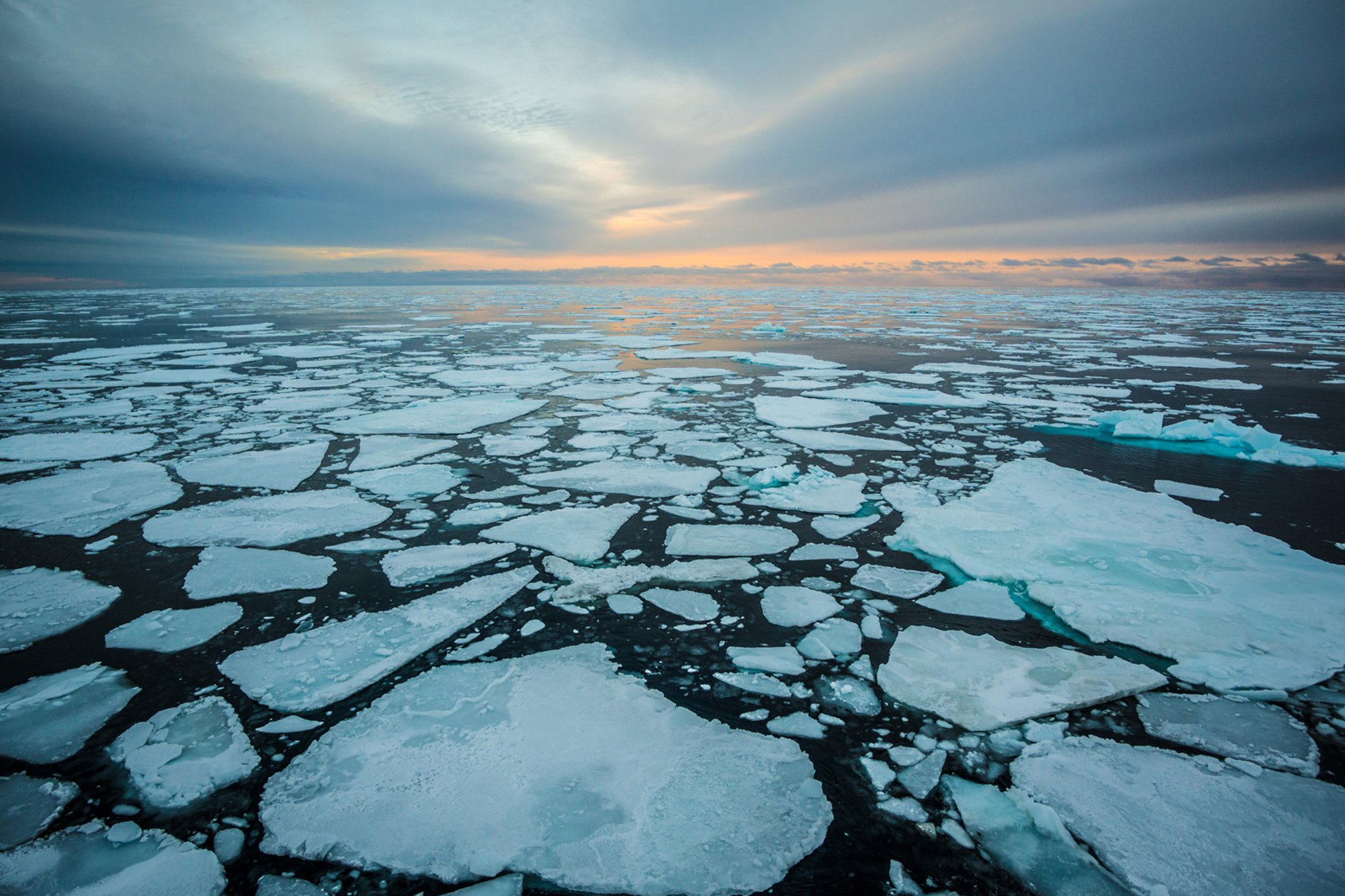Scientists Surprised by Arctic Meltdown Slowdown
The Arctic ice meltdown has slowed despite increased fossil fuel emissions.
8/20/20252 min read

It can’t be real. Surely it’s an August Fool’s Day joke! What is it?
The melting of Arctic sea ice has slowed dramatically in the past 20 years, with no statistically significant decline in its extent since 2005. The finding is surprising researchers, given that carbon emissions from fossil fuel burning have continued to rise and trap ever more heat over that time.
Dr Mark England, who led the study while at the University of Exeter, stated, “It is surprising, when there is a current debate about whether global warming is accelerating, that we’re talking about a slowdown.” The scientists pointed to natural variations in ocean currents - that limit ice melting - as a probable balancing out of the continuing rise in global temperatures.
Or maybe… the natural variations is what caused the melting in the first place. Perhaps the natural variation had reached a natural maximum of which scientists refuse to accept for financial reasons.
Not surprisingly, despite the new data, most climate change scientists are choosing to ignore it. The alarmists claim it’s only temporary and melting is highly likely to start again at an even higher rate. The Arctic, they prognosticate, is still expected to see ice-free conditions later in the century, harming people and wildlife. Never mind that “ice-free conditions” were supposedly going to happened by 2020.
“We-are-right-even-though-we-were-wrong’ is the ultimate in agenda-based ego and desperation for continued funding of which most scientists livelihoods depend upon.
Published in the journal Geophysical Research Letters, the research used two different datasets of Arctic sea ice levels from 1979 to the present day. The scientists analyzed the sea ice area for every month of the year and the slowdown was seen in all cases. The natural variation causing the slowdown is probably the multi-decade fluctuation in currents in the Atlantic and Pacific oceans, which alters warmed water flowing into the Arctic.
After running thousands of climate model simulations on natural variations, England stated, “This is not an extremely rare event – over a century, it should happen a couple of times.” Despite that, he continued to claim, “Climate change is unequivocally real, human-driven, and continues to pose serious threats. The fundamental science and urgency for climate action remain unchanged.”
I suspect the only urgency is the funding of his job.
Prof Andrew Shepherd, of Northumbria University, said: “We know that the Arctic sea ice pack is also thinning, and so even if the area was not reducing, the volume still is. Our data show that since 2010 the average October thickness has fallen by 0.6cm per year.” Why did he pick October instead of the yearly average? Simple: nit-picking oscillations in data can prove whatever one wants it to prove.
Global warming may be real, but I’ve read enough opposing data to firmly believe that mankind is a splash in the cause, not a tsunami.
Source of origin: The Guardian


